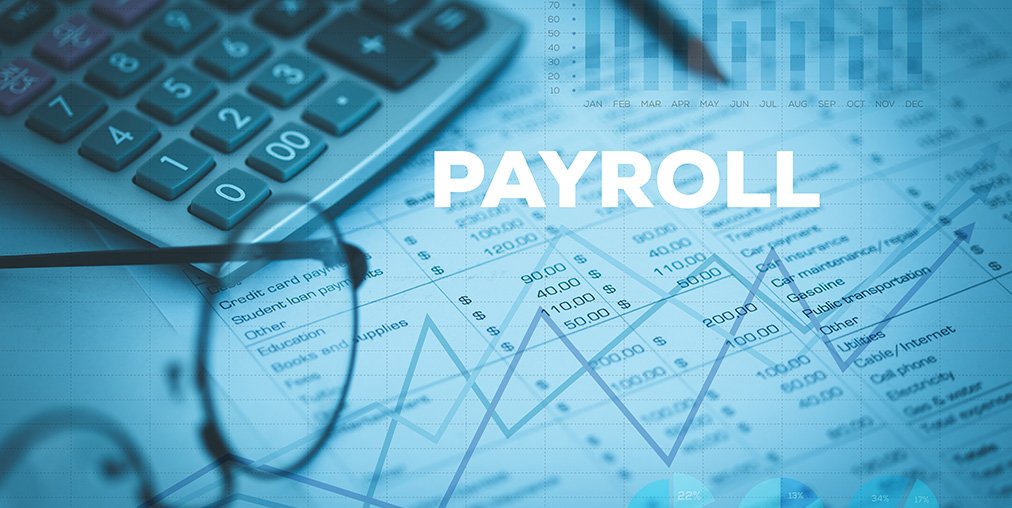Thinking about financial planning in your 20s may not sound too exciting, but it’s the best time for you to get on top of it.
Growing your wealth and achieving financial stability takes time. If you’re able to commit and stick to your money goals, you’ll be able to reap the benefits in the long term.
When you’re managing your money in your 20s, time is your greatest ally. Getting started is the first step to taking back control of your finances and working towards a healthy financial future.
Whether you want to pay off debt, build a budget, or start saving for future purchases, having clear financial goals will help you stay motivated.
In this guide, we’ll explore six effective financial planning tips for 20-somethings that can help you effectively plan for your future.
Let’s begin!
1) Build a Solid Credit Score
A high credit score will make borrowing easier and less expensive when pursuing bigger financial goals, like buying a car or a home. If you’ve never taken on any debt before, you likely don’t have much of a credit history.
To build a credit history, you need to use credit; applying for a credit card is one way to do so. Ensure you use your credit card responsibly to avoid any financial difficulties later on. As long as you pay off your balance in full each month, you can build your credit score and prove to lenders that you’re a reliable borrower.
During your 20s, life can sometimes throw you a curveball and adversely affect your finances. If your credit score has taken a hit, you may even require a bad credit loan to manage urgent expenses. Bad credit score loans are helpful in a pinch and offer short-term relief. However, you need to remember that they’re not a long-term solution.
As a result, you need to develop healthy spending habits that enrich your credit score and allow you to access better borrowing options in the future. With a solid credit score by your side, you can effectively work towards your long and short-term goals.
2) Learn How To Budget
Budgeting is an essential step when it comes to financial planning in your 20s. A good rule of thumb is to not save what is left after spending, but rather spend what is left after saving.
With your life circumstances changing frequently and varying salaries, your 20s can be a challenging time to budget. However, it’s always a good idea to get started as soon as you can.
Begin by taking your monthly salary and deducting the cost of essential expenses such as rent, groceries, and utilities. A good tip is to physically remove these costs from your account by arranging for them to go out soon after you get paid. This will make it feel that you never had the money in the first place, making it easier to let go of.
After taking care of your essential expenses, allocate part of your income to savings and stick to it. By sticking to your budget, you can nurture good financial habits and set yourself up for success later in life.
3) Manage Your Debts
Debt can be quite challenging to handle in your 20s. After all, not all debt is bad. Good debt refers to any debts that help you improve your financial position, even if you need to repay it over time.
In comparison, bad debt drains your personal cash flow and offers little to no financial benefits. These debts need to be repaid as soon as possible. That’s why you need to create a plan to manage your debts.
Begin by prioritising high-interest debts, such as credit cards, which accumulate interest quickly. Paying more than the minimum whenever you can will help you reduce the balance quickly and save you money in the long run.
4) Build Your Confidence With an Emergency Account
An emergency fund serves as the cornerstone of your financial life and helps you manage any unexpected expenses. Having such a financial safety net in place helps you make smarter decisions when facing any financial challenge.
Ideally, your emergency fund needs to cover three to six months of your essential living expenses. You can rely on this fund if you ever find yourself in a financial crisis, be it because of loss of employment, salary deductions, or other unplanned reasons.
When you’re in your 20s, building an emergency account may feel like an unexciting way to use your money and it may take time to reach your target. However, with consistent contributions to this fund, you can effectively tackle any financial risk in emergencies.
Building an emergency fund also helps you fall into the habit of saving a portion of money before you have the chance to spend it.
5) Safeguard Your Online Brand and Data
If you’re in your 20s, you’ll likely have an online presence. With so many social media platforms and websites, it’s very easy for us to reveal more about ourselves than we mean to. That’s why you need to take steps to protect yourself.
Regularly monitor your financial accounts and credit reports for any suspicious or fraudulent activity. Use multiple passwords and set up multi-factor authentication wherever you can. Taking these security measures will help you safeguard your personal information.
Additionally, being early in your career, you need to consider how potential employers may view your online presence. Review your social media accounts and old posts to ensure there’s nothing that could be held against you by your current or potential employer.
Consider how you want to be seen and perceived to effectively safeguard your online reputation.
6) Set Your Savings Goals
As a twenty-something, you’re more likely to reach your goals if you have a plan to work towards. Once you’ve figured out your debt and set up an emergency fund, think about long-term goals, such as buying a home or saving for retirement.
While you may have a long time for your money to grow, the more you do now, the easier it will be later. Set specific and measurable saving goals and further break them down into monthly or yearly targets.
Whether it’s saving for a deposit on your home or building your retirement fund, having clear savings goals will keep you motivated and help you stay on track.
To Sum Up
If you’re in your 20s and stressed about your finances, the good news is that proper financial planning doesn’t require any specialised training or degrees.
Taking small manageable steps like building your credit score, learning to budget, and managing your debts can make a significant difference over time.
By putting in the time and effort and implementing the above financial planning tips, you can effectively navigate your journey to financial stability.





